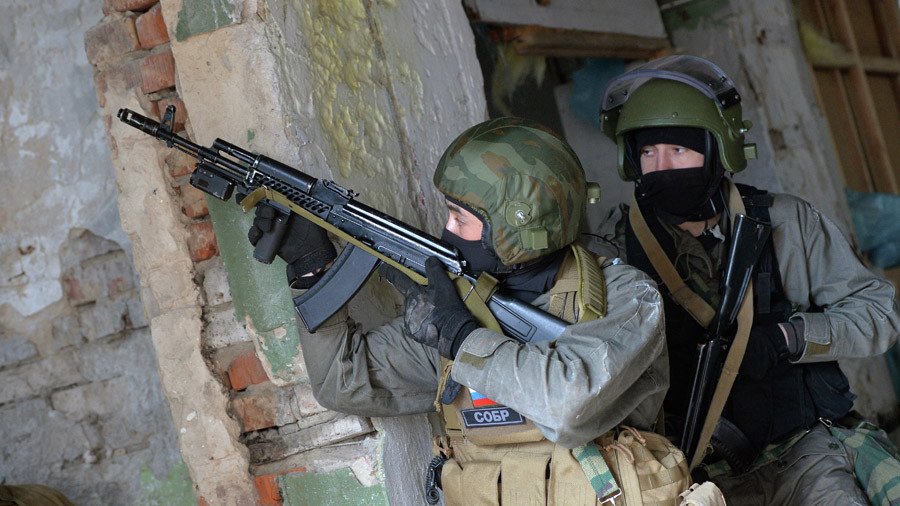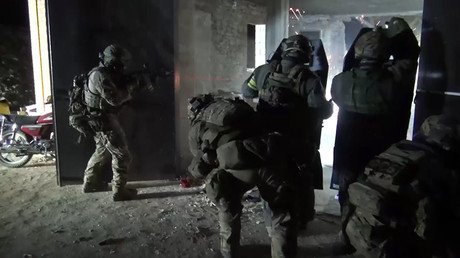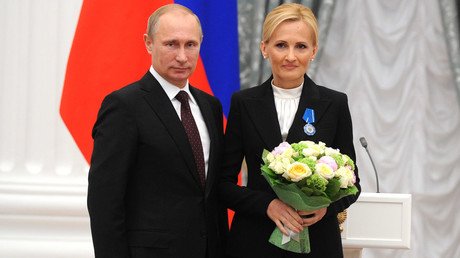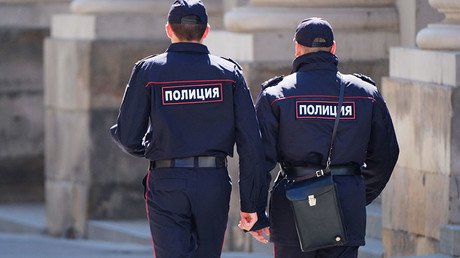State Duma approves life sentences for terrorist recruiters

Russia’s Lower House has passed a bill introducing life sentences for terrorist recruiters and lengthy prison terms for criminals convicted of sponsoring terrorist groups or of propagating terrorism.
The new law will change the maximum sentence for coercing someone into terrorist activities, or for providing training for would-be terrorists, from ten years in prison to a full life term. The bill also proposes life sentences for organizing terrorist groups and communities, for sponsorship terrorism, for hostage-taking, as well as for hijacking ships or aircraft.
The bill was drafted earlier this year by deputy chairman of majority caucus United Russia, MP Adalbi Shkhagoshev, and was passed on its third and final reading.
Also amended will be the Russian Criminal Code, with an article on “propaganda of terrorism,” described as “public spreading of materials that seek to form an appealing image of terrorist ideology in people’s minds as well as a distorted opinion of admissibility of terrorist activities.”
The crime carries large fines and prison sentences of up to seven years. Using mass media or internet in terrorist propaganda will be seen as an aggravating factor.
Shortly after the bill received the first approval of the State Duma in mid-November, the head of the Chechen Republic, Ramzan Kadyrov, commented on it on social networks, stating that in his view terrorist recruiters must be punished by death, because “unlike suicide terrorists they want to live instead of voluntarily planning their own death.”
Shortly after this statement the Russian plenipotentiary for human rights, Tatyana Moskalkova, said that the moratorium on death penalty in the country will never be lifted, adding that in her opinion life in prison was an appropriate punishment.
The most recent major changes to Russian anti-terrorist laws were introduced in July 2016, when President Putin signed a law providing for up to ten years in prison for anyone engaging in international terrorism, and up to 15 years for anyone found guilty of financing terrorist groups. Attracting new recruits to a terrorist organization was also criminalized, with maximum punishment of between five and ten years.
The 2016 bill also lowered the age threshold for terrorist crimes, such as terrorist attacks and hostage-taking, reduced from 16 to 14 years. Presently the age of minors in Russia is 16, with exceptions for such crimes as murder, rape, kidnapping and several others. For these, criminals are deemed to be responsible from the age of 14.















